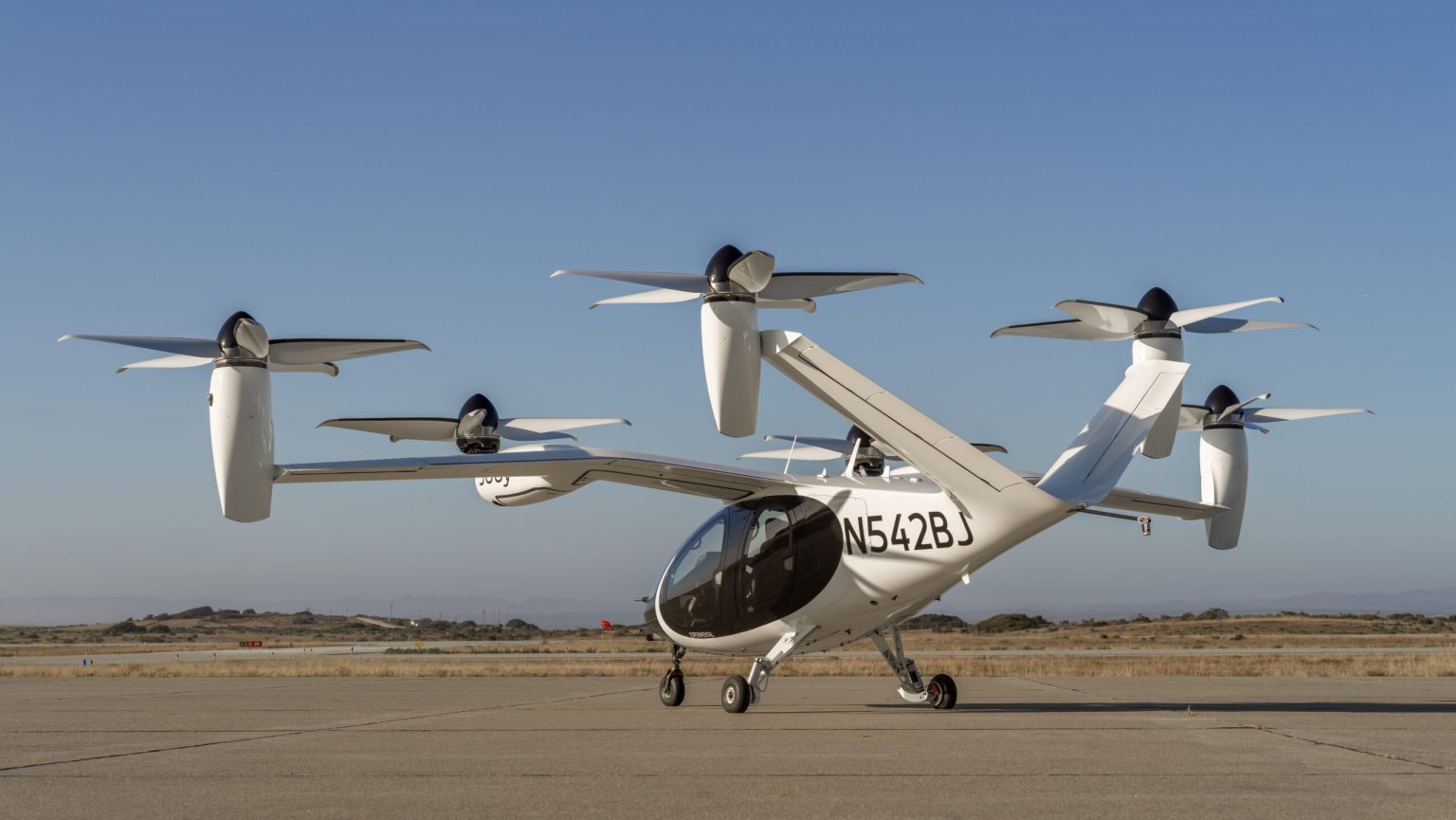In a significant move to strengthen its foothold in the burgeoning air mobility sector, Toyota has announced a fresh investment of $500 million in Joby Aviation, a leader in the development of electric vertical takeoff and landing (eVTOL) aircraft. This funding is aimed at accelerating the certification and commercial production of Joby’s air taxis, which are set to revolutionize urban transportation.
Building on a Strong Partnership
This latest investment marks a continuation of Toyota’s commitment to Joby, bringing the total amount invested by the automaker to approximately $894 million since their partnership began in 2018. The new funding will be delivered in two phases: $250 million this year and another $250 million in 2025. This infusion of capital is not only a financial investment but also signifies Toyota’s intent to establish a manufacturing alliance with Joby for the initial phase of commercialization.
In 2023, the two companies entered into a strategic agreement allowing Toyota to manufacture powertrain components for Joby’s air taxis, showcasing their collaborative efforts to integrate advanced automotive technology into aerial mobility solutions.
Joby Aviation: A Brief Overview
Founded in 2009 by JoeBen Bevirt, Joby Aviation initially operated under the radar until it gained significant attention following a $100 million funding round in 2018. This round attracted investments from several prominent companies, including Intel, Toyota, and JetBlue. The capital raised allowed Joby to develop a prototype aircraft and conduct crucial test flights at a private airfield in Northern California. The partnership with Toyota has been pivotal, with the automaker deploying engineers to work closely with Joby’s team, fostering innovation and technical expertise.
Innovative Aircraft Design
Joby’s eVTOL aircraft features a unique design that incorporates six rotors and can accommodate up to five passengers, including the pilot. One of the standout characteristics of this aircraft is its ability to take off and land vertically, akin to a helicopter, before transitioning into forward flight using tilt rotors. This versatility is a game changer for urban transportation, allowing for quick and efficient movement within densely populated areas.
The aircraft boasts impressive performance metrics, with a top speed of 200 mph and a range of 150 miles on a single charge. Additionally, Joby’s aircraft is designed to operate at significantly lower noise levels—reportedly 100 times quieter than conventional aircraft. This feature is particularly advantageous for urban environments, where noise pollution can be a significant concern.
Upcoming Commercial Plans
Joby Aviation has ambitious plans to launch commercial passenger services in major cities like New York and Los Angeles starting in 2025. The company recently conducted a series of exhibition flights in Manhattan, showcasing its technology and generating excitement about the future of air taxis. These flights serve as a critical step in demonstrating the viability of Joby’s eVTOL aircraft for everyday urban transportation.
As air mobility continues to evolve, partnerships between established automotive companies like Toyota and innovative startups like Joby are expected to drive advancements in the industry. With Toyota’s manufacturing capabilities and Joby’s cutting-edge technology, this collaboration aims to set the standard for the future of aerial ride-hailing services.
The Broader Context of Air Mobility
The investment in Joby Aviation comes at a time when interest in air mobility is surging globally. With increasing urbanization and congestion in major cities, eVTOL aircraft are being positioned as a solution to alleviate traffic woes and offer faster, more efficient travel options. Governments and regulatory bodies are also beginning to formulate frameworks to support the integration of air taxis into existing transportation ecosystems.
Several other companies, including Uber Elevate (now part of Joby), Volocopter, and Archer Aviation, are also working on similar technologies, indicating a competitive landscape in the air taxi market. However, the collaboration between Toyota and Joby may provide a unique advantage in terms of scale and technological expertise.
Challenges Ahead
Despite the promising future of air taxis, there are several challenges that the industry must overcome. Regulatory approval for eVTOL operations is still a work in progress, with safety standards and air traffic management systems needing to adapt to accommodate this new mode of transport. Additionally, public acceptance and awareness of air taxis will be crucial for their success; consumers must feel confident in the safety and reliability of these aircraft.
Joby’s commitment to sustainability, with its all-electric design, aligns well with the growing emphasis on eco-friendly transportation solutions. As cities strive to reduce their carbon footprints, eVTOLs could emerge as a viable alternative to traditional fossil fuel-powered vehicles.
Conclusion
Toyota’s $500 million investment in Joby Aviation signals a strong commitment to the future of air mobility and underscores the importance of strategic partnerships in this emerging market. With a total investment of $894 million, Toyota is poised to play a significant role in the development and commercialization of eVTOL aircraft.
As Joby moves closer to launching its air taxi services, the collaboration with Toyota will likely enhance its operational capabilities and accelerate its path to market. The potential impact of air taxis on urban transportation is profound, and with the right investments and innovations, they could soon become a common sight in city skies.
The partnership between Toyota and Joby Aviation represents a pivotal moment in the evolution of transportation, highlighting how traditional automotive companies can adapt and thrive in an increasingly tech-driven world. As we look ahead, the integration of eVTOL aircraft into daily life may redefine the way we think about mobility, offering new possibilities for travel and connectivity.

